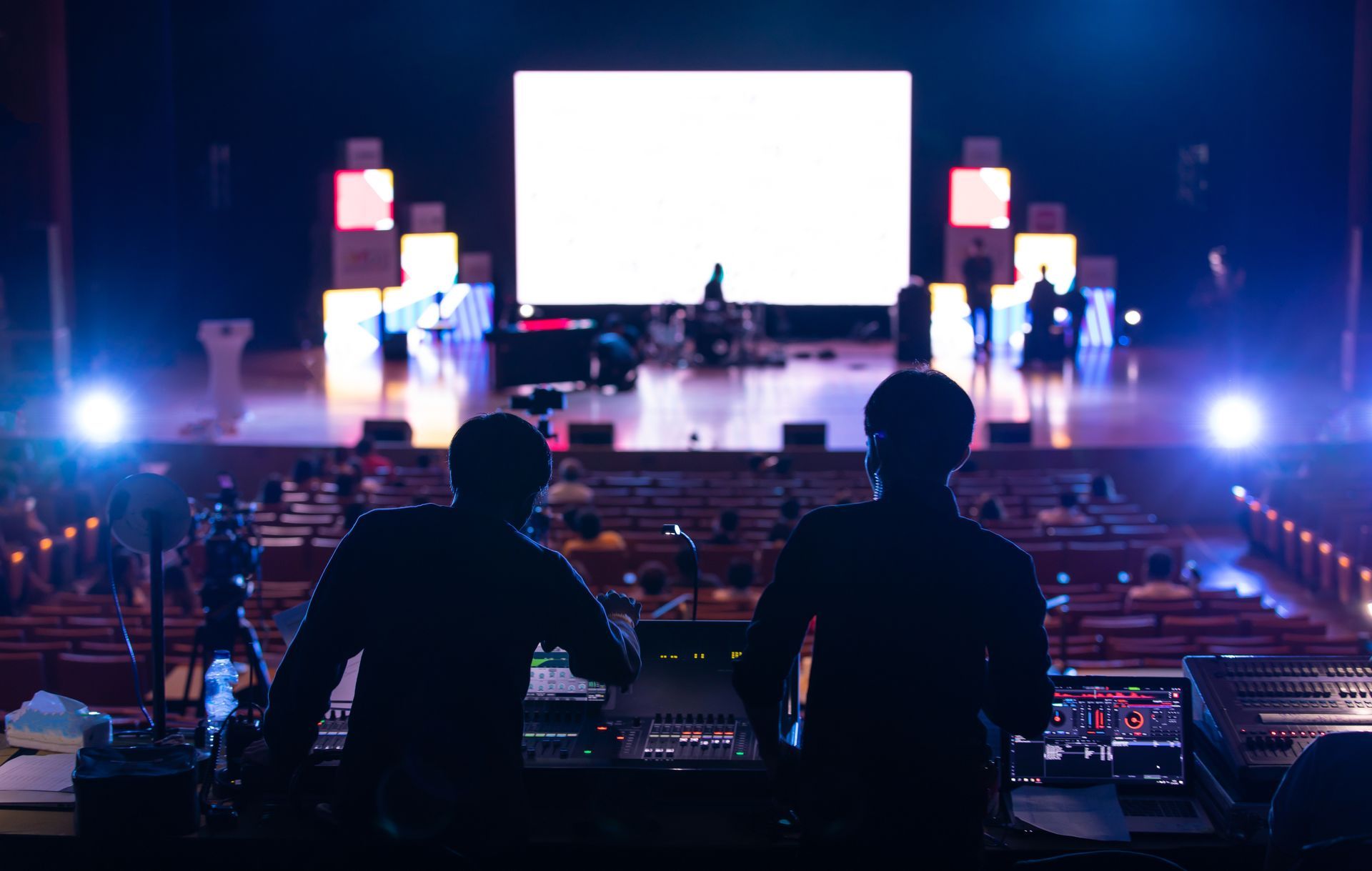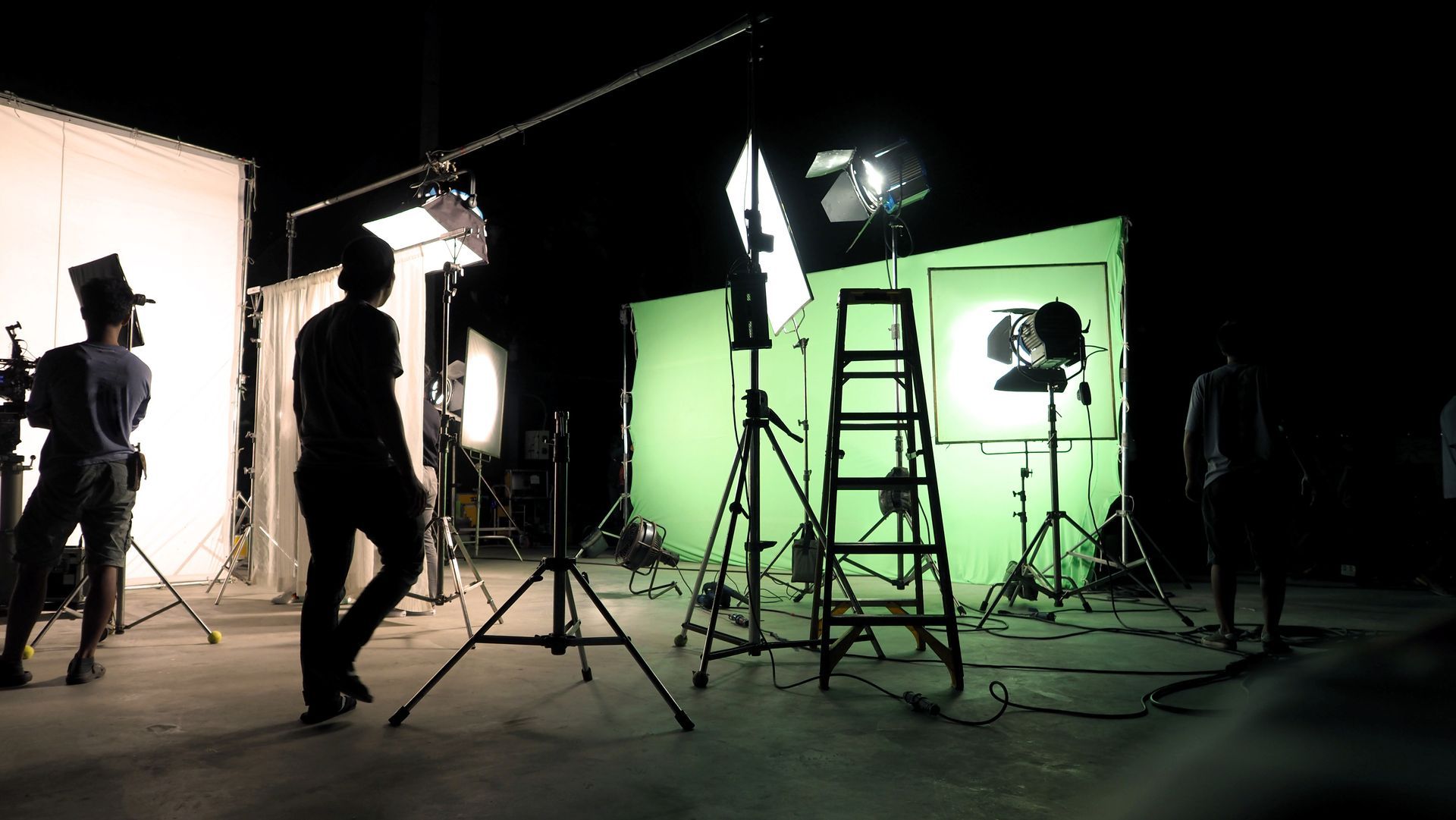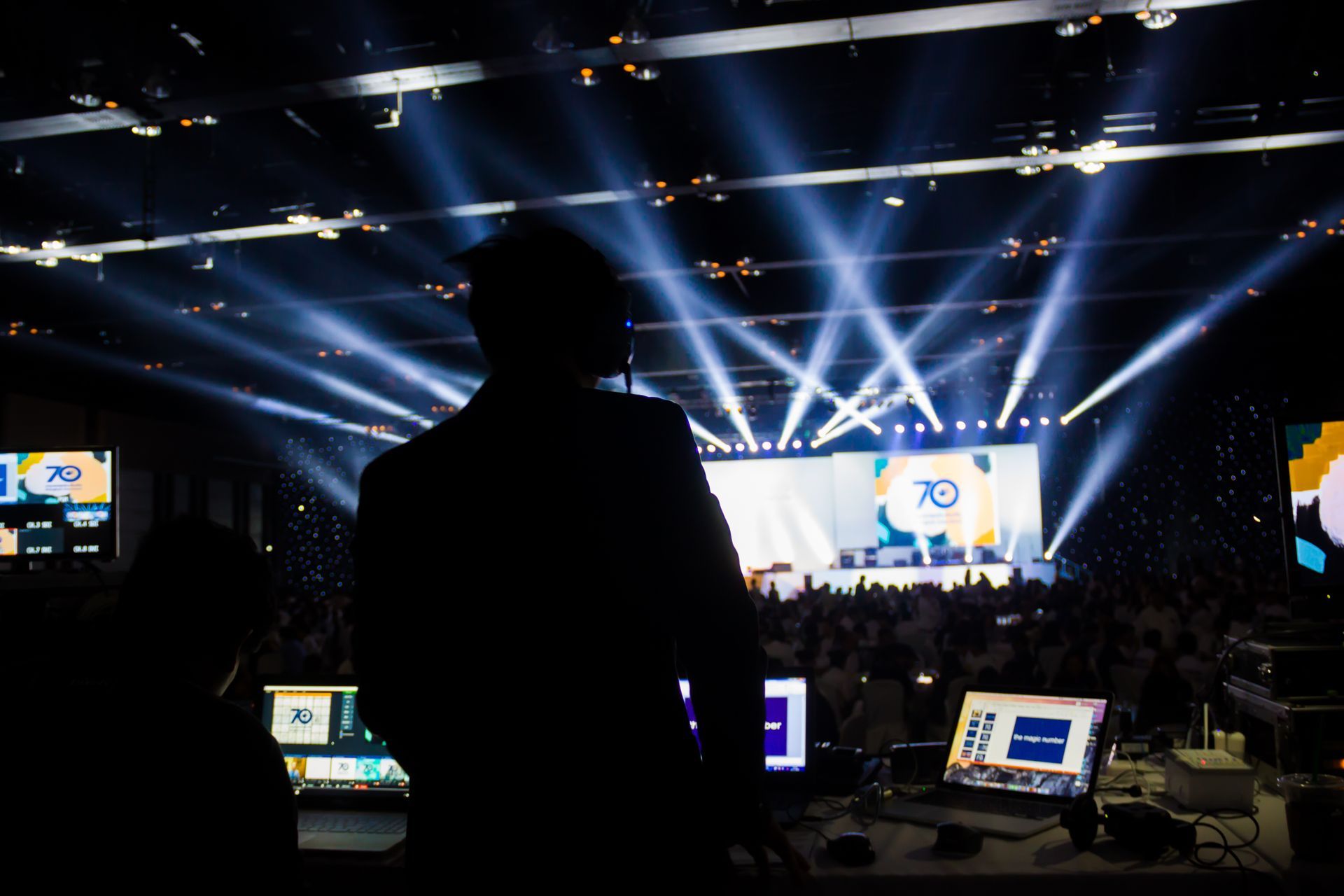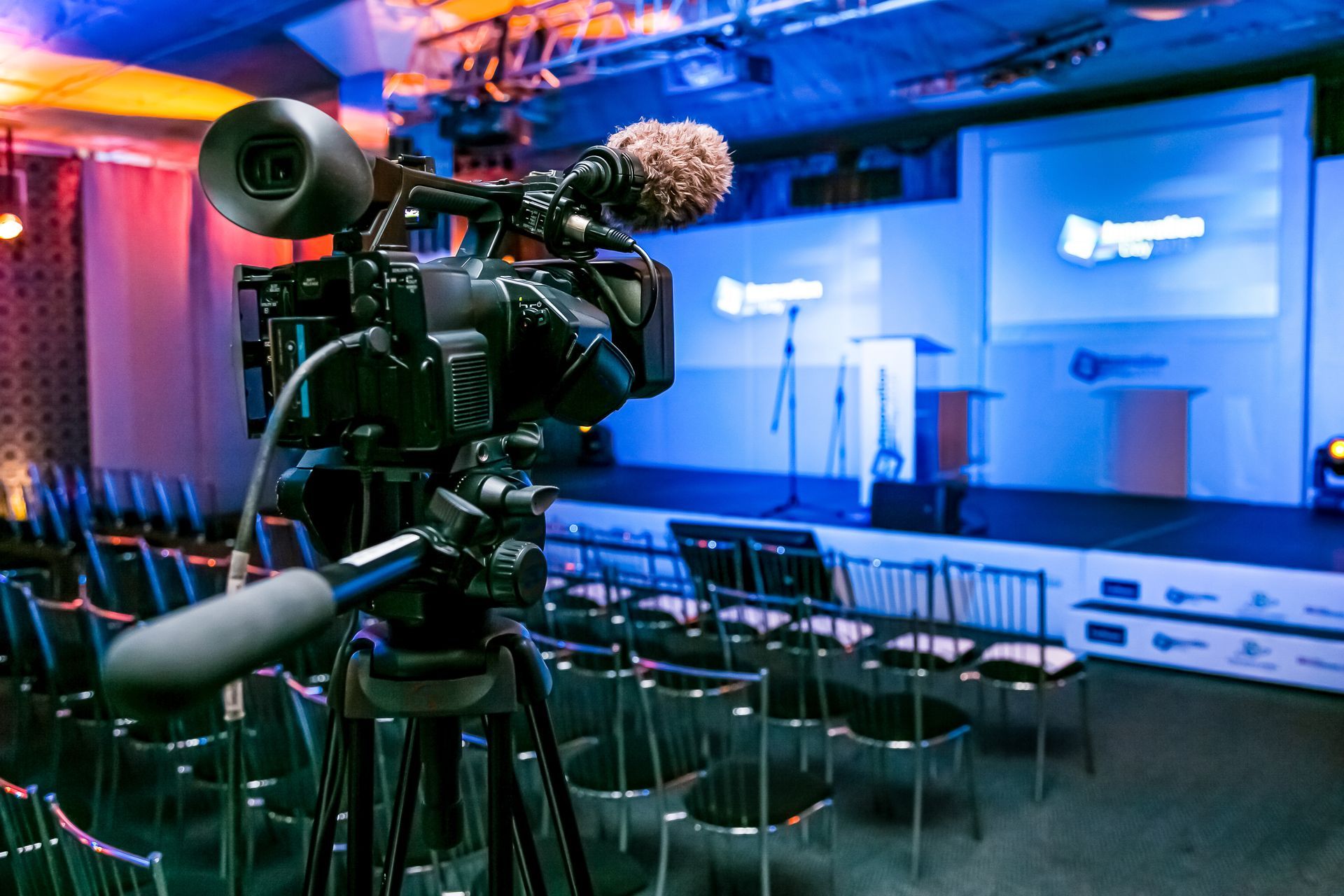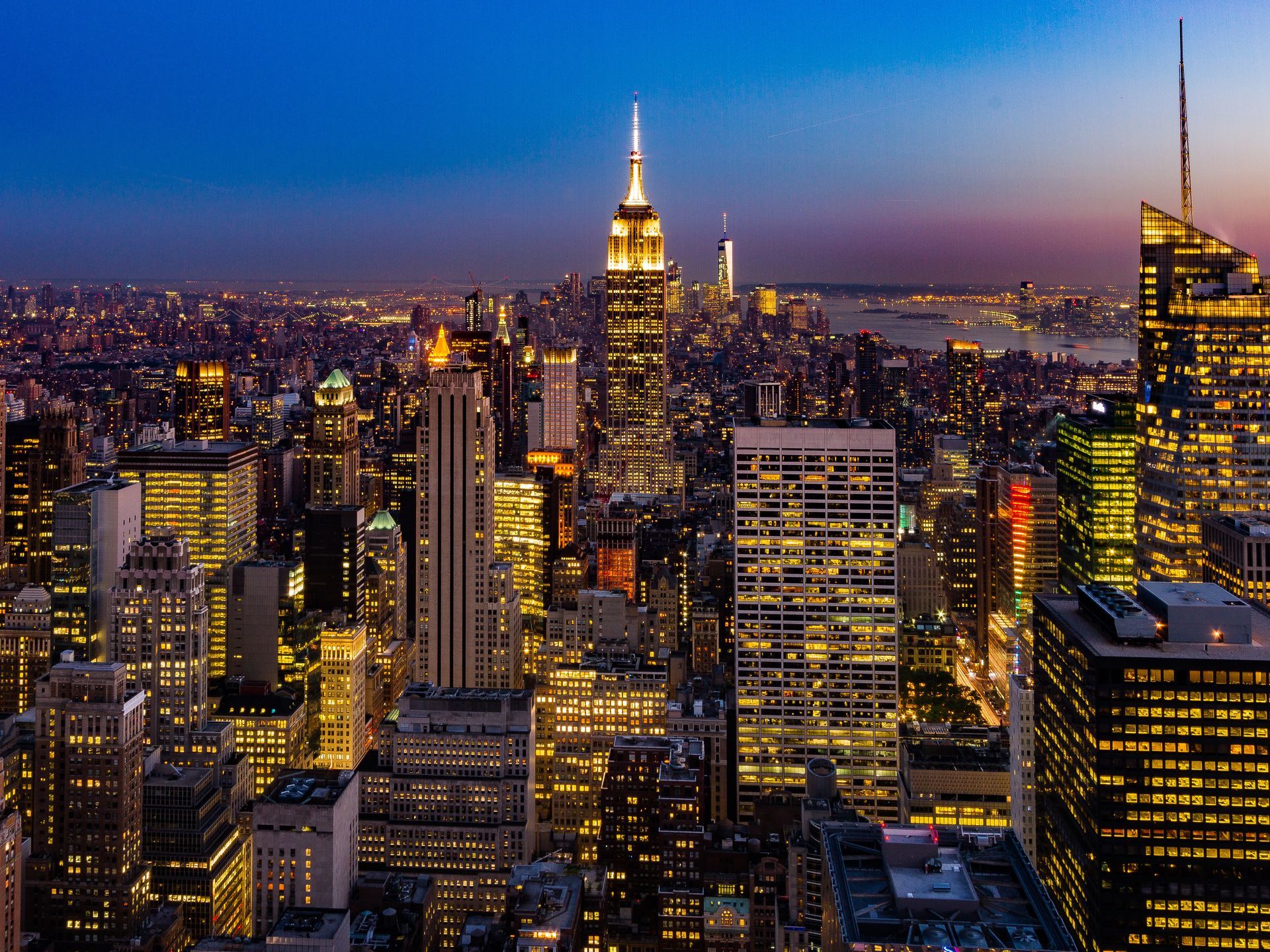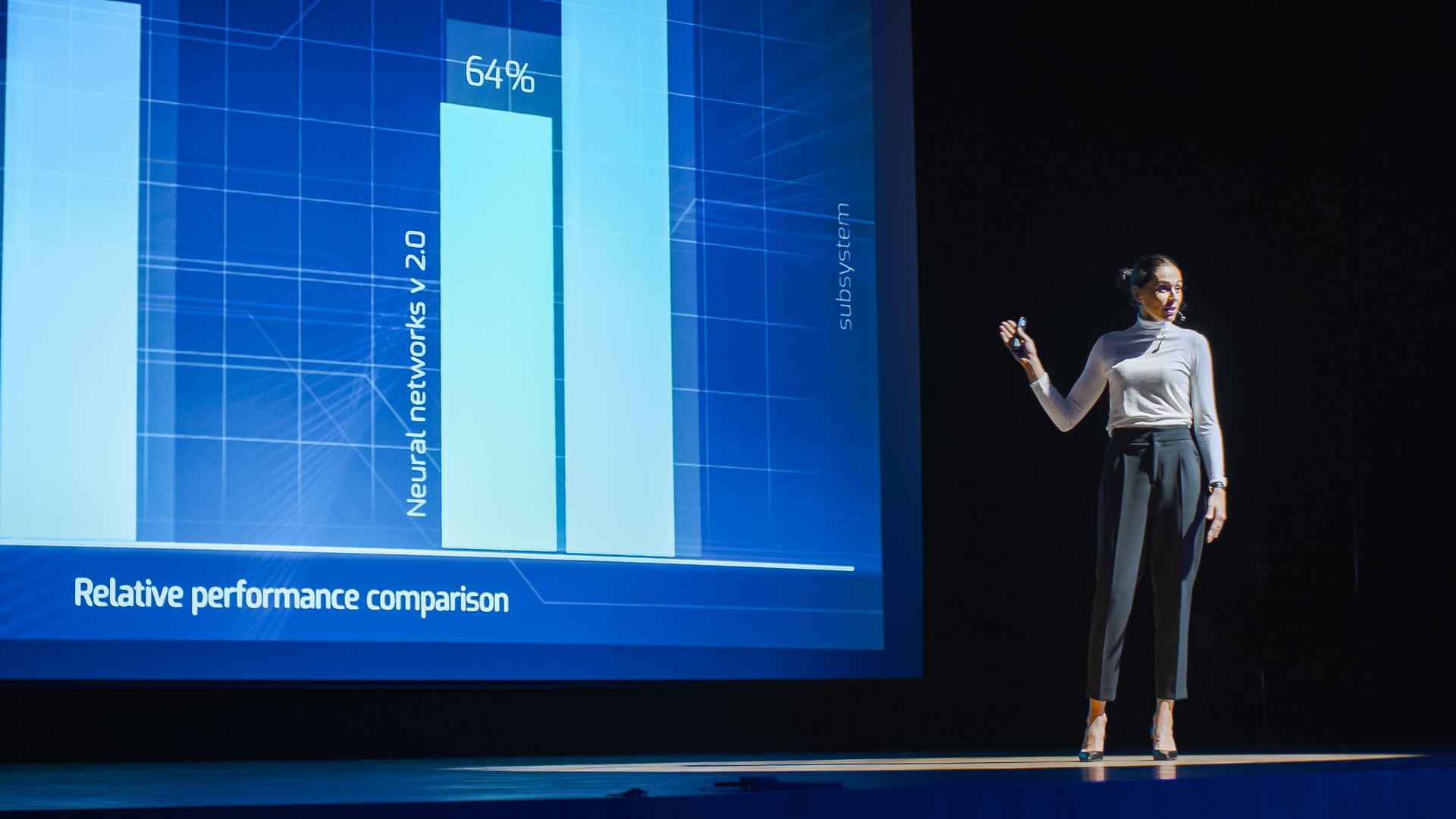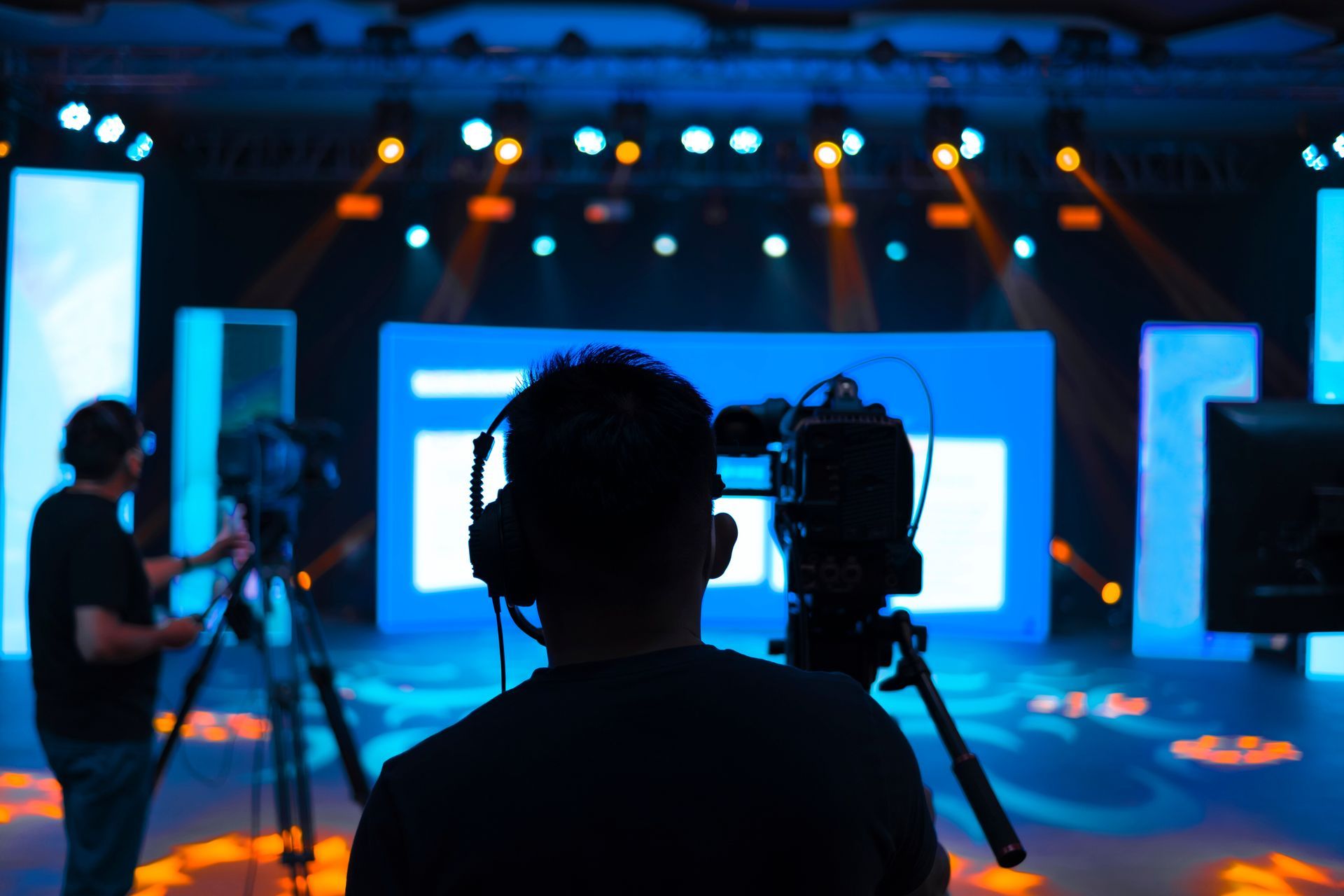From Planning to Execution: Ensuring Accessibility at Your Live Event in New York City
In today’s world, many event production companies in New York focus on the glitz and glamour of their events but often overlook one critical element: accessibility. While lighting, sound, and aesthetics get plenty of attention, the reality is that accessibility remains an afterthought for many event producers. Without proper accessibility planning, you risk alienating guests, diminishing your event’s impact, and even facing legal consequences.
Accessibility isn’t just about compliance—it’s about ensuring every person who walks through the door feels included and valued. Whether it’s providing clear pathways, assistive technology, or simply training staff on inclusive practices, these considerations should be at the forefront of every event planning discussion. As we dive into the details of what accessibility truly means and how it can be seamlessly integrated, you’ll see that making your event accessible is not just the right thing to do, but also a smart move in creating a successful and memorable event.
Article Highlights
- What is Accessibility at Events?
- How to Ensure Your Events Are Accessible to Everyone
- Stratosphere & Accessibility
What is Accessibility at Events?
Accessibility refers to designing products, services, environments, and experiences that allow everyone, including people with disabilities, to engage fully.
According to the CDC, more than 1 in 4 adults in the United States have some type of disability [1], highlighting the critical need for event production companies in New York to prioritize inclusivity. In event planning, accessibility involves more than just ramps and elevators—it’s about considering a wide range of needs. This includes physical access to the venue, availability of assistive technologies, clear communication methods, and fostering an environment where everyone feels included. True accessibility ensures that every guest can participate comfortably and equitably, allowing your event to reach and resonate with all audiences.
Ensuring Your Events Are Accessible to Everyone
Creating an inclusive event experience doesn't end with considering venue accessibility; it encompasses a holistic approach that begins well before the first guest arrives. To truly embrace accessibility, event planners should focus on key steps that ensure all attendees feel welcomed and able to participate fully. Here are four essential strategies for making your events accessible to everyone:
Choosing an Accessible Venue
The foundation of an inclusive event is an accessible venue. Look for locations with step-free entrances, ramps, elevators, and accessible restrooms. Consider seating arrangements that cater to guests with mobility challenges and ensure there’s adequate space for wheelchair users. Don’t forget to assess the venue’s proximity to public transportation, and provide visible, easy-to-read signage guiding guests to key areas.
Inclusive Communication & Marketing
Accessibility starts before guests even arrive. Ensure your event’s communication materials—whether websites, emails, or social media posts—are accessible. This means using text alternatives for images, ensuring your website is compatible with screen readers, and offering key information in multiple formats, such as large print or audio. Don’t forget to include information about accessibility features in your event promotion to let potential attendees know they are welcome.
Utilizing Assistive Technology
Assistive technologies can transform an event into a fully inclusive experience. Incorporate solutions like assistive listening devices, real-time captioning, sign language interpreters, and visual aids for presentations. For hybrid event production or virtual events, ensure digital content is accessible with features like closed captions and transcripts. Providing these technologies demonstrates a commitment to ensuring every guest, no matter their needs, can fully engage.
Accommodating Diverse Needs Onsite
Training your staff on accessibility best practices is essential. Staff should be prepared to assist guests with a range of needs and be aware of how to manage situations that may arise. Consider providing quiet spaces or sensory-friendly zones for attendees who may be overwhelmed by crowds or noise. Additionally, plan for emergency situations by ensuring that all guests, including those with mobility challenges, can evacuate safely if necessary.
How Stratosphere Helps with Accessibility at Live Events in NYC
Stratosphere has decades of event production experience in NYC and throughout the world, and we understand that accessibility is a key factor in planning a successful event. From the initial concept to the final execution, our team works hand-in-hand with clients to ensure that every aspect of the event is designed with inclusivity in mind. We go beyond simply meeting accessibility requirements—our approach focuses on creating experiences that truly make everyone feel welcome.
- Customizing Events with Accessibility at the Core: At Stratosphere, accessibility isn’t an afterthought—it’s a foundational part of our planning process. We start by understanding the unique needs of your audience, then tailor every detail to ensure inclusivity. Whether it’s selecting a venue with robust accessibility features or incorporating assistive technologies, our team makes sure your event is ready for all attendees.
- Leveraging Expert Knowledge and Technology: We stay on top of the latest advancements in accessible event design by partnering with accessibility experts and utilizing cutting-edge technology. From implementing real-time captioning and providing sign language interpreters to ensuring digital content is screen reader compatible, Stratosphere takes proactive steps to make your event more inclusive.
- Going Beyond Compliance to Create Truly Inclusive Experiences: Accessibility isn’t just about checking boxes—it’s about enhancing the guest experience. Our team collaborates closely with you to identify areas where we can elevate inclusivity, whether it’s by creating sensory-friendly environments or ensuring clear, accessible communication. Stratosphere’s goal is to make every attendee feel included, valued, and comfortable, which ultimately enhances the overall impact of your event.
Ready to take your event to the next level with seamless accessibility and unforgettable experiences? At Stratosphere, we specialize in production for live events and we’re dedicated to making sure your live event in New York is inclusive, engaging, and welcoming for everyone. Whether you’re hosting a investor relations event, a live show, or a large corporate convention in NYC, our team is here to help you create an event that leaves a lasting impact on every attendee. Let’s work together to design an accessible event that not only meets expectations but sets a new standard for what live event production can achieve. Reach out to Stratosphere today and let’s get started on crafting your most inclusive event yet.
What measures does Stratosphere take to ensure event accessibility?
Stratosphere incorporates a variety of strategies to enhance event accessibility, including selecting venues with essential accessibility features, utilizing assistive technologies, providing inclusive communication materials, and training staff on best practices to accommodate diverse needs onsite.
Can you customize events to meet specific accessibility requirements?
Absolutely! Stratosphere customizes every event based on the unique needs of your audience, integrating accessibility features from the start of the planning process to ensure that all attendees can participate fully and comfortably.
What types of assistive technologies do you provide for events?
We offer a range of assistive technologies, including real-time captioning, assistive listening devices, sign language interpreters, and visual aids for presentations. Our goal is to create an environment where all guests can engage with the content seamlessly.
How do you ensure that communication about accessibility is clear to potential attendees?
Stratosphere ensures clear communication about accessibility features in our event promotion through multiple formats, such as large print and audio. We make sure to highlight accessibility information on all promotional materials, allowing potential attendees to feel welcomed before they arrive.
Article Reference:
[1] https://www.cdc.gov/ncbddd/disabilityandhealth/infographic-disability-impacts-all.html
